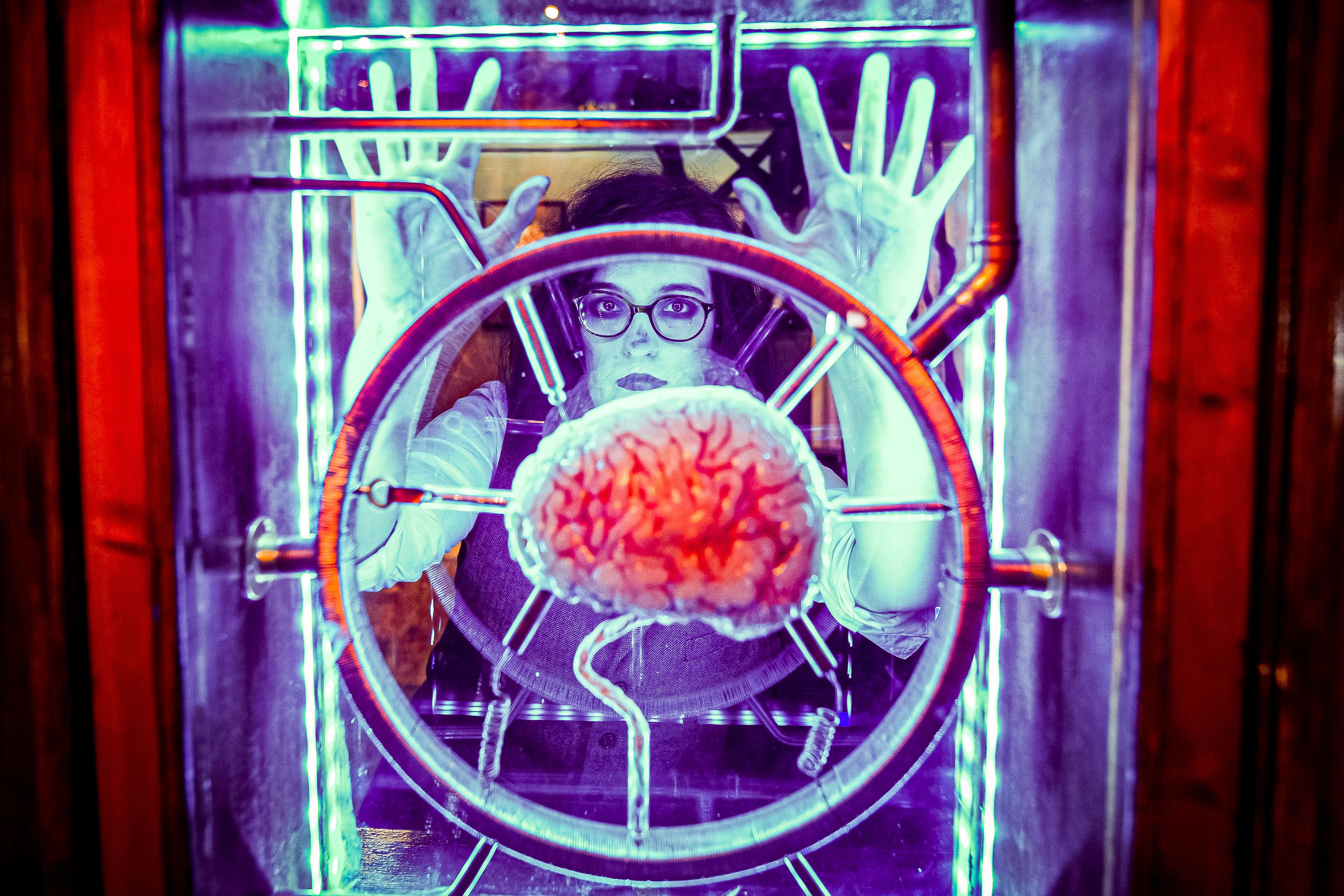Scientists find protein that could help people erase bad memories
The researchers believe that this could be used to help people with PTSD, rather than choosing specific memories to erase like in the film Eternal Sunshine of the Spotless Mind’

Researchers have discovered a protein that could be used to indicate whether people’s emotions and their memories can be changed or even forgotten.
Long-term memories are divided into two categories: fact-based memory, such as names, places, and events, and instinctive memory such as emotions or skills.
Instinctive memories can be modified, scientists believe, and such research may be able to help people suffering from Post-Traumatic Stress Disorder (PTSD).
The scientists at Cambridge University found that the presence of the “shank” protein acts as a support for receptors that determine how strong the connection is between various neurons and, as a result, may determine whether memories can be modified using the beta-blocker propranolol.
If the protein is degraded, the memories become modifiable – although scientists are not yet clear whether it is directly involved in the memory breaking down, or if it’s a product of a deeper reaction.
In 2004, scientists in New York were able to treat animals with propranolol to help them forget a learned trauma, but the results have been difficult to replicate.
In this new experiment, rats were trained to associate a clicker with a mild electric shock so they would associate the clicker with fear, similar to how Ivan Pavlov conditioned dogs. The rats were reminded of this memory by the clicker, and then immediately afterwards administered with propranolol.
The scientists did not report amnesia in the rats, in contrast to the previous experiments, but used the presence of the shank protein to determine if they had become unstable; they had not.
“These are really complex mechanisms, and we need to bear in mind that this is animal work; the brains of humans are similar, but much more complex,” said Dr Amy Milton, the lead researcher.
“We don’t see this leading to the sort of situation shown in the movies, like for example ‘Eternal Sunshine of the Spotless Mind’, where the protagonists can choose which memories to erase. But we hope that over time we will be able to identify the factors that make memories modifiable in animals and translate these to human patients”
“However, we did not see the amnesia that had been previously reported in the literature following this intervention. We then used the presence of the shank protein to determine whether the memories had become unstable in the first place, and found that they had not.”
Join our commenting forum
Join thought-provoking conversations, follow other Independent readers and see their replies
Comments
Bookmark popover
Removed from bookmarks